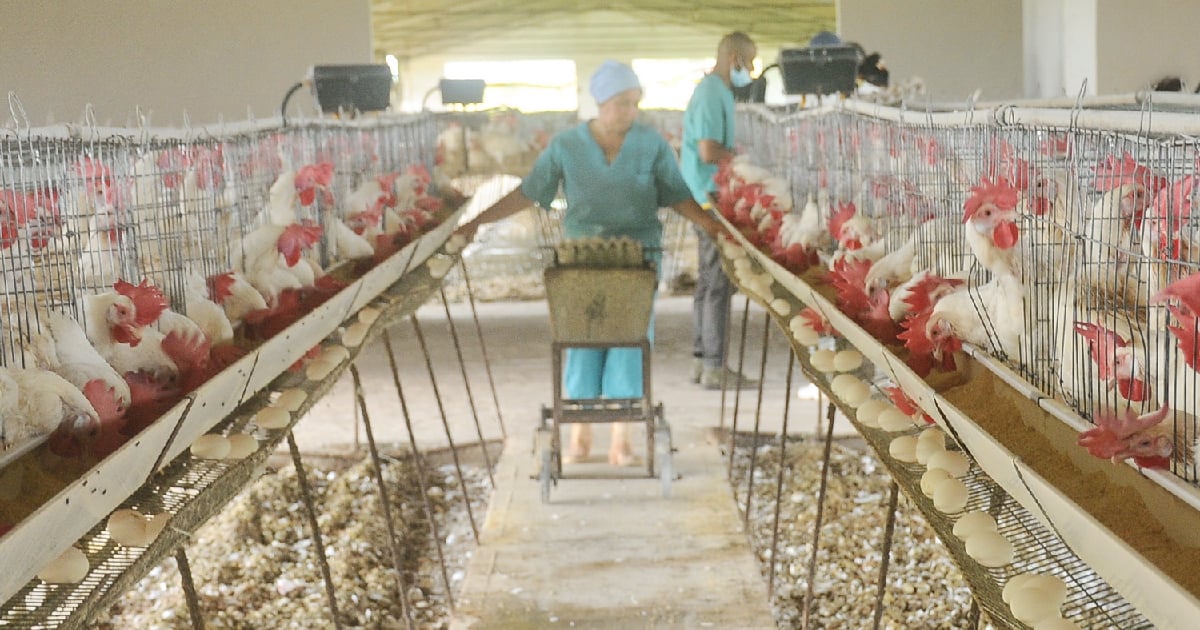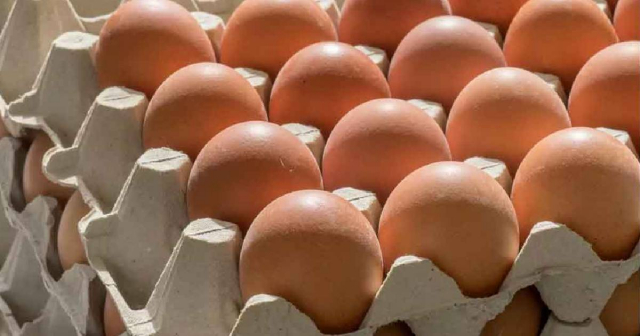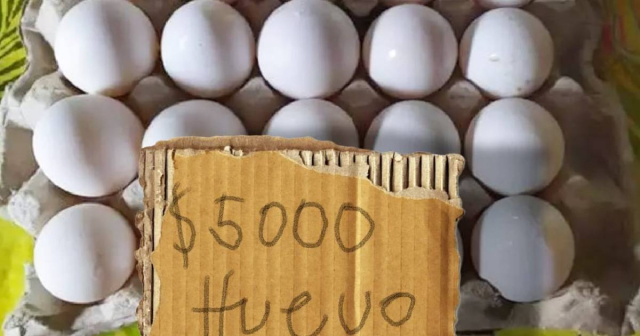
Egg production in the special municipality of Isla de la Juventud suffered a drastic decline of 98 percent in recent months, severely affecting the supply of this food for the Cuban population.
By mid-year, daily production plummeted from 42,000 eggs to just 1,000, marking one of the most critical moments in the poultry industry of the territory, as explained by Frank Páez Martínez, director of the Base Business Unit (UEB) Poultry of the mentioned territory.
In statements to the website of the Periódico Victoria, Páez stated that the difficulties in feeding the hens with appropriate feed were the main cause of this shocking decline.
However, he reported that in the last month there has been a gradual recovery, reaching 22,000 eggs daily thanks to greater stability in the supply of bird feed.
Despite this improvement, Páez emphasized that sufficient levels have not yet been restored to guarantee the delivery of a dozen eggs per person in the regulated family basket.
Until May, production had met expectations, achieving 103 percent of the target, but starting in June, the situation changed drastically. Consumers began to receive only six eggs instead of the usual 12, a situation that has persisted in recent months due to the inability to meet demand, the executive added.
The egg crisis is not exclusive to the Isle of Youth. In the informal market of Cuba, the price of a carton of eggs reached up to 5,000 pesos in some provinces, which represents nearly a monthly salary for a doctor, as reported by the Facebook profile Edmundo Dantés Junior.
That price increase became a reflection of uncontrolled inflation and the widespread shortage of basic products, exacerbating the severe food crisis in the largest of the Antilles.
Meanwhile, the import of eggs from the United States surprised many, including the CNN correspondent in Cuba, Patrick Oppmann, who – in February – noted on the social network X that the imported units are more affordable than those produced locally, highlighting the contradictions in the management of resources and the economy of the country.
The recovery of egg production in the Isle of Youth is a positive sign, but there is still a long way to go to stabilize the supply and ease the pressure on consumers.
What do you think?
COMMENTFiled under:






